When I talk to other therapists, I describe my approach as “humanistic and person-centered Acceptance and Commitment Therapy”. But what does that mean for you?
Below, you’ll find a description of the principles that guide my work in session, followed by some of the key components of my approach.

In the room
When we’re working together, here’s what you can expect:
Compassion First
No matter how much shame you might carry, I treat you with the dignity and respect you deserve as a human being.
Your Values Matter
Your version of the good life doesn’t look exactly like mine. Why would it? I’ll help you find a way to a life that feels purposeful to you.
Finding Your Light
I believe you have the capacity to heal, grow, and shine. Even when you’re in the dark, I think that means you’re stuck—not broken.
Creative
There’s no reason every session has to be sitting on a couch and talking for an hour. When it’s appropriate, we’ll use creative exercises and strategies to bring our therapy to life.
Caring Accountability
Compassionate support sometimes means pointing out inconsistencies and missteps. We’ll learn together.
Person-to-Person
I want to help you become comfortable being you, so I bring my authentic self to therapy too. Let’s be real.
Ready to jump in?
The big ideas
My approach to therapy is guided by several influential counseling principles, thoughtfully integrated and tailored to your needs.

Acceptance and Commitment
Building psychological flexibility

Internal Family Systems
Learning compassion for every part of you

Mindfulness
Being here and now
Acceptance and commitment
Our brains’ extraordinary ability to think and solve problems can sometimes turn on us. We find ourselves stuck in ruts or holding back from life so that we don’t experience “negative” emotions or experiences. Acceptance and Commitment Therapy (ACT) helps us get out of those unhelpful patterns of avoidance and build a courageous path toward our values.


Internal Family Systems
Ever felt like there was an uncooperative “part” of you that wasn’t getting on board with your goals? Internal Family Systems is a way of getting to know your many different parts—helpful and not—and working toward a compassionate and respectful relationship with each, instead of a relationship defined by hostility, distrust, or domination. IFS suggests that each part of yourself has a valuable role to play.
Mindfulness
Our minds are excellent at getting so “hooked” on thoughts or feelings that we completely lose sight of what’s happening right here, right now. By strengthening your ability to notice and come back to the present, you can be more attuned to your life when it really matters.

Sound like your jam?
